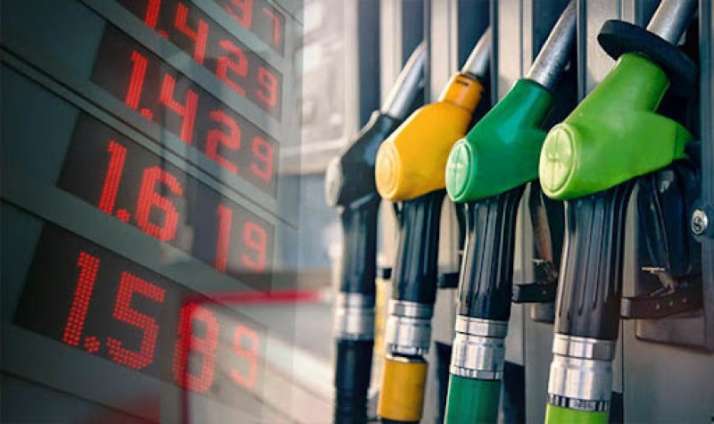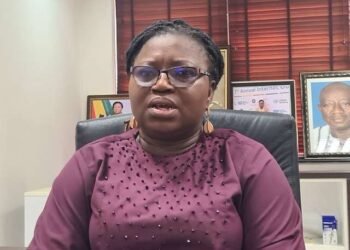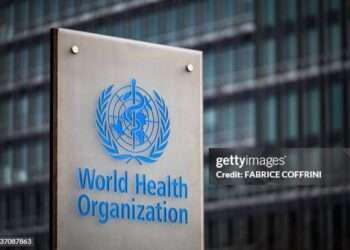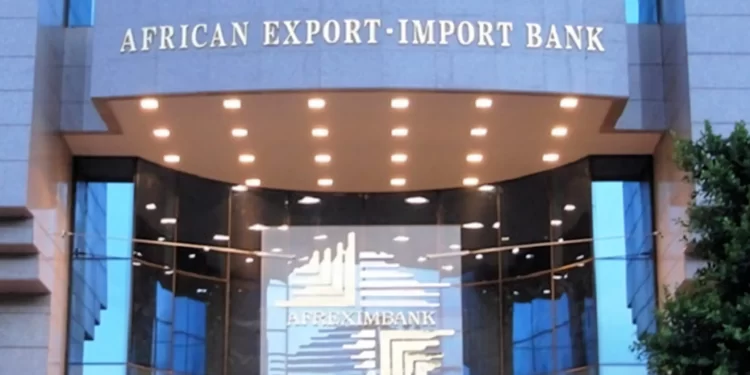The Chamber of Petroleum Consumers (COPEC) has strongly criticized the government’s newly imposed GH¢1 fuel levy, urging authorities to pursue systemic reforms in the energy sector rather than passing the financial burden onto already strained petroleum consumers.
The levy, formally enacted under the Energy Sector Levy Amendment Act 2025 and assented to by President John Dramani Mahama, is intended to raise GH¢5.7 billion to help settle Ghana’s ballooning energy sector debt, which currently stands at US$3.1 billion. However, critics argue that the measure lacks fairness and sustainability, given the underlying structural inefficiencies and corruption in the power sector.
“It is as if the Electricity Company of Ghana (ECG) has money they misuse, and then the rest of us are asked to pay the price for their inefficiencies and corruption.
“Ghanaians should not be punished with new levies to cover up for mismanagement and waste.”
Duncan Amoah, Executive Secretary of COPEC
Mr. Amoah pointed to critical systemic failures that have contributed to the accumulation of debt in Ghana’s power sector—chief among them being technical transmission losses, revenue leakages, and corrupt procurement practices within ECG.
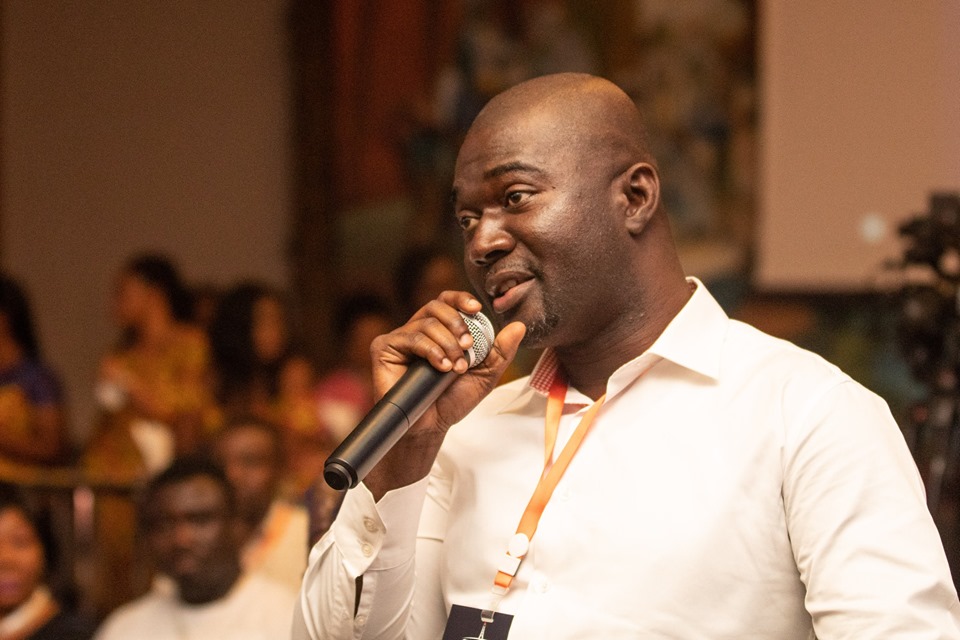
“The power sector debt did not emerge out of a vacuum. Transmission losses account for a significant portion of the problem.
“Combine that with poor revenue collection and questionable spending, and you get the mess we’re in today.”
Duncan Amoah, Executive Secretary of COPEC
He emphasized that a priority focus must be placed on cleaning up ECG’s financial operations. According to COPEC, government agencies have failed to penalize officials and staff engaged in corrupt activities, which has allowed inefficiencies to fester unchecked.
“The procurement breaches, the blatant disregard for financial controls, and the absence of accountability have become chronic.
“It’s time some people were held responsible. Until then, levying the average Ghanaian is simply unjust.”
Duncan Amoah, Executive Secretary of COPEC
Calls for Innovation and Stakeholder Engagement

COPEC urged the government to adopt innovative and sustainable alternatives to finance the energy sector deficit, including strategic public-private partnerships, improved revenue collection systems, and aggressive pursuit of energy theft and loss prevention.
“Instead of putting more pressure on the petroleum consumer, we urge the government to think outside the box.
“Let’s cut the wastage, improve our efficiency, and introduce measures that hold institutions accountable.”
Duncan Amoah, Executive Secretary of COPEC
The Chamber also expressed disappointment at the lack of stakeholder engagement prior to the levy’s introduction.
The Oil Marketing Companies (OMCs), through their industry body COMAC, also raised similar concerns last weekend, criticizing the Ghana Revenue Authority’s initial attempt to impose the levy on short notice without proper operational preparations.
“Policies like this require broad stakeholder consultation and a phased implementation plan.
“The government must carry the people along, not surprise them with cost burdens.”
Duncan Amoah, Executive Secretary of COPEC
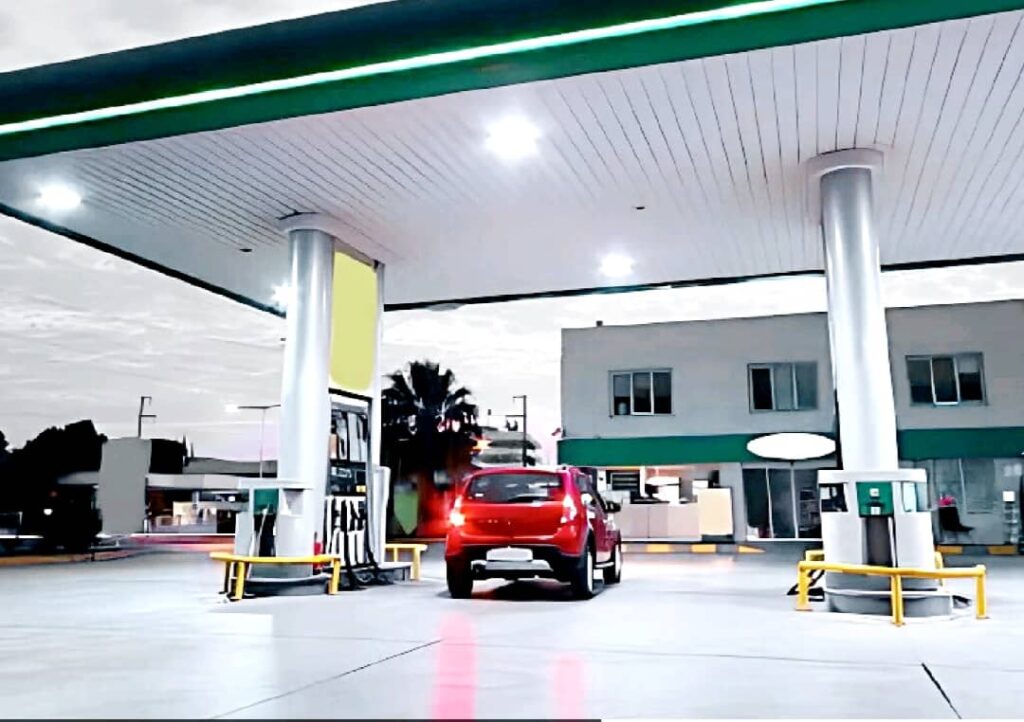
In response to backlash from COPEC, COMAC, and other stakeholders, the Ghana Revenue Authority has since postponed the implementation of the levy from June 9 to June 16, 2025, to allow more time for industry adaptation.
While the move has been welcomed as a temporary measure, COPEC maintains that it does not address the root concern—the levy itself.
“Postponing the start date is not enough. The fundamental question remains: should the Ghanaian consumer be responsible for paying for mismanagement in the energy sector? Our answer is a firm no.”
Duncan Amoah, Executive Secretary of COPEC
Energy analysts suggest that while the fuel levy may provide a short-term injection of funds, it does not offer a lasting solution unless paired with sweeping reforms within ECG and the broader energy ecosystem.
The Mahama administration has promised that the GH¢1 levy will be ring-fenced and used exclusively to purchase fuel for thermal plants and to gradually repay legacy debts owed to Independent Power Producers (IPPs).
However, public trust remains low due to past failures to use energy-related levies like ESLA for their intended purpose.
READ ALSO: Gov’t Tightens Grip on Rates, Sacrifices GH¢1bn in Bids as T-Bill Auction Misses Mark

